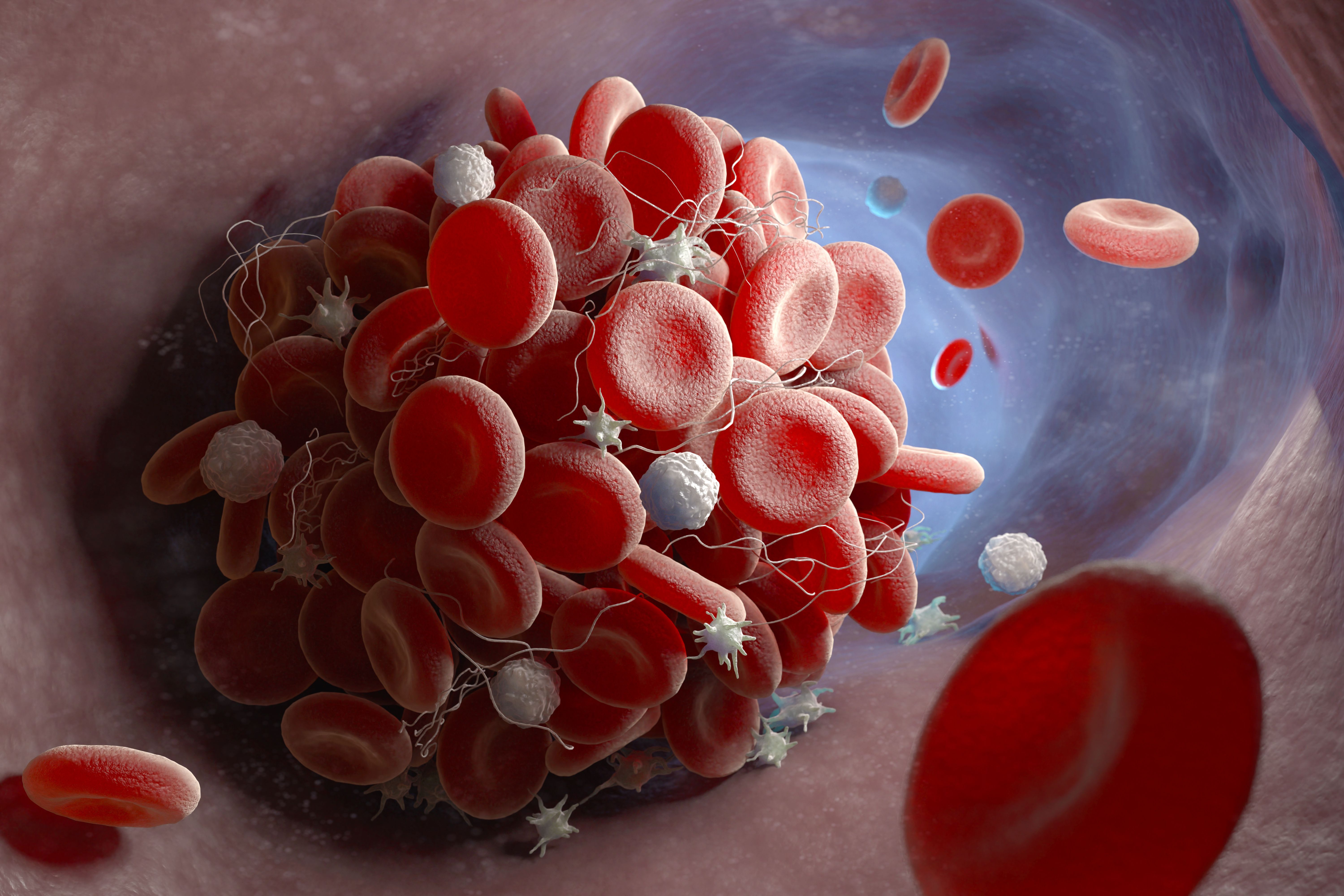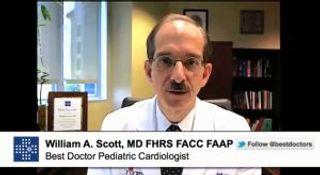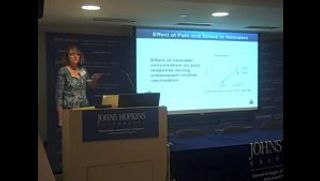
Pediatrics
Latest News
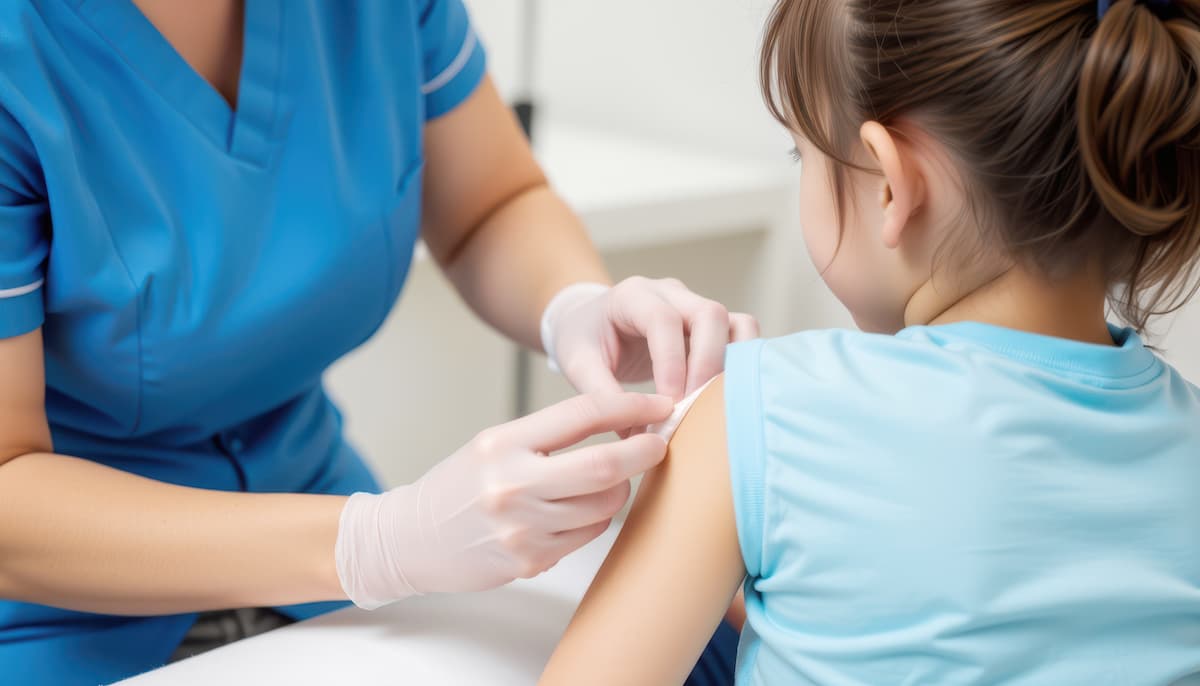
Latest Videos
CME Content
More News

Results from the phase 3 SAPPHIRE trial show significant improvements in motor function in children and adults with spinal muscular atrophy.
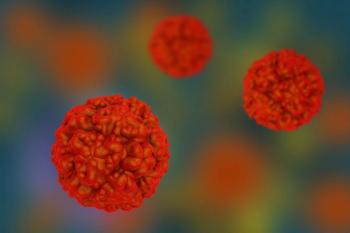
Rhinovirus infection, which causes the common cold, could offer infected children more respiratory pathway protection from SARS-CoV-2 infection.

The "farm effect" is a term researchers use to describe the protective impact of growing up on traditional farms—especially around livestock, barns, and raw farm environments—on the development of allergies and asthma.
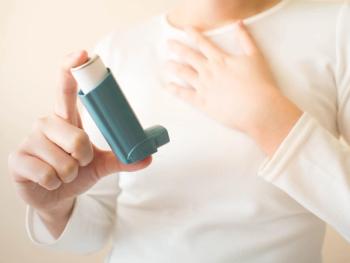
New research uncovers complex inflammatory pathways driving asthma flare-ups in children, highlighting the need for personalized treatment strategies.
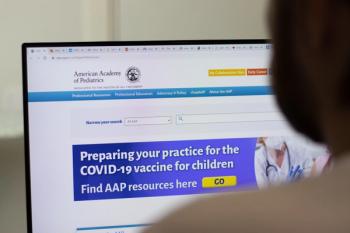
The AAP unveiled its 2025 immunization schedule, challenging CDC guidelines and emphasizing evidence-based vaccine recommendations for children's health.

Probiotic supplementation in VLBW preterm infants reduces antibiotic resistance and promotes beneficial gut bacteria, enhancing neonatal health outcomes.

The development of multisystem inflammatory syndrome in children infected with SARS-CoV-2 was associated with more marked shifts in metabolic parameters, leading to increased cardiovascular disease risk.

New findings highlight environmental impacts on weight management.
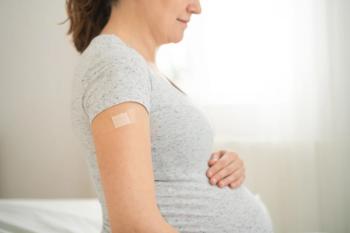

In children and adolescents with overweight and obesity, exercise was demonstrated to reduce risk factors associated with cardiovascular disease, such as lipid and triglyceride levels.

Designed for use in Celiac disease, larazotide was found to hasten resolution of multisystem inflammatory syndrome symptoms in children with the condition.

Promoting heart health in children reduces obesity and chronic disease risks, ensuring better overall well-being into adulthood.

Amid dropping vaccination rates, pharmacists are key to educating parents and assuaging concerns.
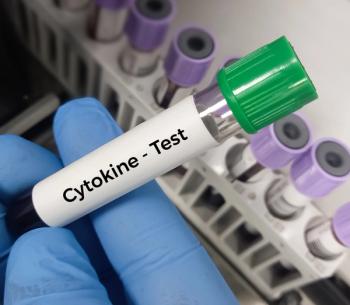
The FDA expands tocilizumab-anoh's approval for treating cytokine release syndrome (CRS), enhancing treatment options for patients aged 2 and older.

The FDA approved fremanezumab for pediatric migraine prevention, offering a new treatment option for children and adolescents aged 6 to 17 years.

New research highlights a surge in pediatric pneumococcal pneumonia cases post COVID-19, urging a shift toward supportive treatment strategies.

Continuing a trend observed since the end of the COVID-19 pandemic, vaccine coverage among kindergartners declined in the 2024-2025 school year, according to CDC data.

Sepiapterin treatment allowed patients to liberalize their diet while reaching or exceeding recommended daily protein allowances in patients living with phenylketonuria.

FDA approves lonapegsomatropin for once-weekly treatment of growth hormone deficiency, offering a promising alternative for improved patient adherence and outcomes.

Avatrombopag gains FDA approval for pediatric ITP treatment, offering a new oral option for managing chronic thrombocytopenia in children.
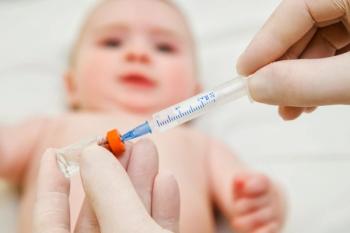
A Danish study confirms no link between aluminum in childhood vaccines and chronic diseases, reinforcing vaccine safety amid rising skepticism.

A maternal inflammatory diet during pregnancy raises the risk of offspring developing type 1 diabetes, highlighting the impact of nutrition on early health.

The study found biosimilar initiation rose to nearly 42% from 2016 to 2023.

Compared with prior intravenous formulations, the autoinjector is a more accessible administration method for children and their caregivers.
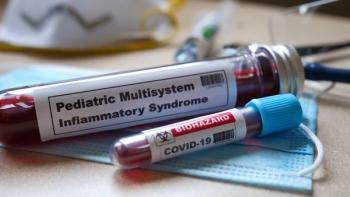
IVIG-Glucocorticoid Combination Therapy Reduces Need for Adjunctive Immunotherapy in Pediatric MIS-C
Glucocorticoids alone were found to reduce treatment failure and fever duration, but the combination with intravenous immunoglobulin (IVIG) significantly reduced the need for adjunctive immunotherapy following treatment.


